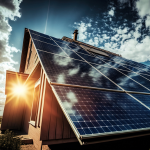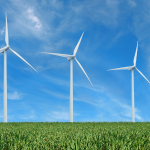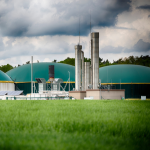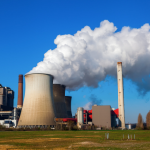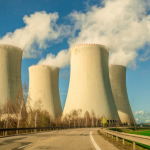Learn Everything About Clean Energy & More!
Check out our free energy glossaries and learn everything related to yoga!
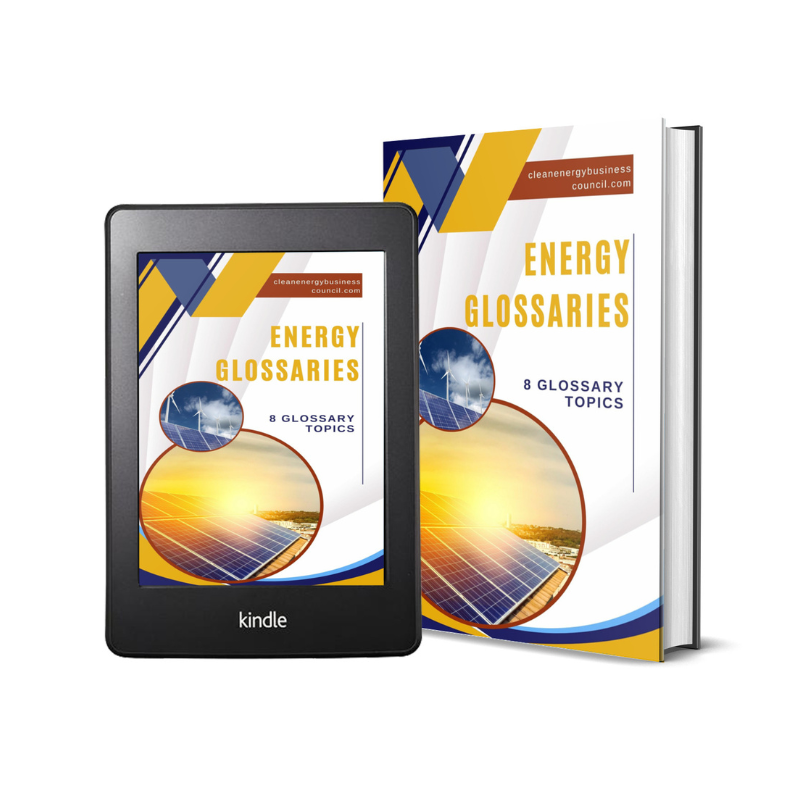
Energy Glossaries
Some Recent Energy Glossary Articles
Hydraulic Model – Definition & Detailed Explanation – Hydroelectric Power Glossary Terms
I. What is a Hydraulic Model? A hydraulic model is a mathematical representation of a hydraulic system, such as a river, dam, or hydroelectric power plant. It is used to simulate the behavior of water flow and other hydraulic processes in order to understand how the system functions and to predict its performance under different … Read more
Participatory Approaches in Hydropower Planning – Definition & Detailed Explanation – Hydroelectric Power Glossary Terms
I. What is Participatory Approaches in Hydropower Planning? Participatory approaches in hydropower planning involve involving stakeholders in the decision-making process regarding the development of hydropower projects. This includes local communities, government agencies, non-governmental organizations, and other relevant parties. The goal is to ensure that the voices of all stakeholders are heard and taken into consideration … Read more
Battery Technology Landscape – Definition & Detailed Explanation – Battery Technology Glossary Terms
I. What is Battery Technology? Battery technology refers to the development and use of devices that store and release electrical energy through chemical reactions. Batteries are essential components in various electronic devices, from smartphones and laptops to electric vehicles and renewable energy systems. They provide a portable and reliable source of power, allowing us to … Read more
Nuclear Fuel Cycle – Definition & Detailed Explanation – Nuclear Energy Glossary Terms
I. What is the Nuclear Fuel Cycle? The nuclear fuel cycle is the process by which nuclear fuel is produced, used in reactors, and disposed of safely. It is a complex and highly regulated system that involves several stages, including mining, conversion, enrichment, reactor use, and spent fuel management. The goal of the nuclear fuel … Read more
Geothermal Power Generation Method – Definition & Detailed Explanation – Geothermal Energy Glossary Terms
I. What is Geothermal Power Generation? Geothermal power generation is a renewable energy source that harnesses the heat stored beneath the Earth’s surface to produce electricity. This heat is generated by the radioactive decay of minerals in the Earth’s crust and the heat left over from the formation of the planet. Geothermal energy is considered … Read more
Water Rights – Definition & Detailed Explanation – Hydroelectric Power Glossary Terms
I. What are Water Rights? Water rights refer to the legal rights to use water from a specific source. These rights are essential for various purposes, including agriculture, industry, and domestic use. Water rights are crucial for ensuring the sustainable management of water resources and preventing conflicts over water usage. In most countries, water rights … Read more
Solar Revenue Put – Definition & Detailed Explanation – Solar Energy Glossary Terms
I. What is a Solar Revenue Put? A Solar Revenue Put is a financial tool that allows solar project developers to secure long-term revenue certainty for their projects. It is a type of financial agreement that guarantees a certain level of revenue for a solar project over a specified period of time. This can help … Read more
Run-of-the-River – Definition & Detailed Explanation – Hydroelectric Power Glossary Terms
I. What is Run-of-the-River Hydroelectric Power? Run-of-the-river hydroelectric power is a type of hydroelectric power generation that harnesses the natural flow of a river to generate electricity. Unlike traditional hydroelectric dams, which require the construction of large reservoirs to store water, run-of-the-river systems do not impound water and instead use the natural flow of the … Read more
Biomass Fuel Specification – Definition & Detailed Explanation – Biomass Energy Glossary Terms
I. What is Biomass Fuel? Biomass fuel is a type of renewable energy derived from organic materials such as wood, crop residues, animal waste, and other plant-based materials. These materials are burned or converted into biofuels to generate heat, electricity, or other forms of energy. Biomass fuel is considered carbon-neutral because the carbon dioxide released … Read more
Biomass Fuel Processing – Definition & Detailed Explanation – Biomass Energy Glossary Terms
I. What is Biomass Fuel Processing? Biomass fuel processing is the process of converting organic materials, such as wood, agricultural residues, and waste, into usable energy sources. This renewable energy source is derived from plants and animals, making it a sustainable alternative to fossil fuels. Biomass fuel processing involves various methods to extract energy from … Read more
